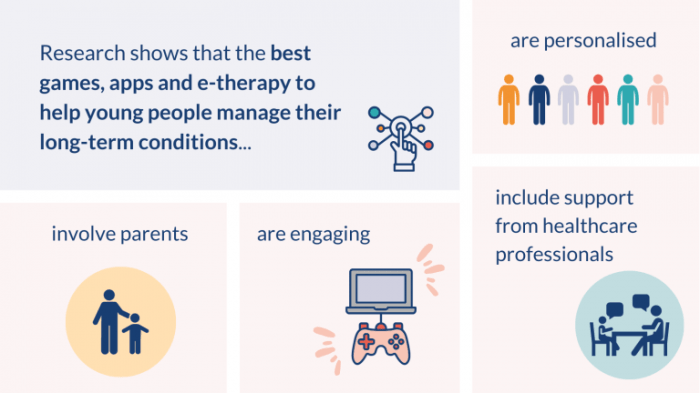With “Which Statement About Mood Disorders and Digital Technology is True?” at the forefront, this paragraph opens a window to an amazing start and intrigue, inviting readers to embark on a storytelling gaya akademik dengan tone otoritatif filled with unexpected twists and insights.
Digital technology has become an integral part of our lives, and its impact on our mental health is a topic of growing interest. Some studies have shown that digital technology can have a negative impact on mood disorders, while others have suggested that it can be helpful in managing these conditions.
So, which statement about mood disorders and digital technology is true?
Digital Technology’s Impact on Mood Disorders: Which Statement About Mood Disorders And Digital Technology Is True

Digital technology has become an integral part of our lives, and its impact on mental health is a topic of growing concern. Research has shown that digital technology can both positively and negatively affect mood disorders.
On the one hand, digital technology can provide opportunities for social connection, access to information and support, and distraction from negative thoughts and feelings. On the other hand, excessive use of digital technology has been linked to increased symptoms of depression, anxiety, and other mood disorders.
Social Media
Social media is one of the most widely used forms of digital technology, and it has been linked to both positive and negative mental health outcomes. On the one hand, social media can provide opportunities for social connection, which is important for mental well-being.
On the other hand, social media use has been linked to increased symptoms of depression, anxiety, and other mood disorders.
One of the main reasons why social media can have a negative impact on mental health is that it can lead to social comparison. When people compare themselves to others on social media, they may feel inadequate or dissatisfied with their own lives.
This can lead to negative thoughts and feelings, which can contribute to mood disorders.
Gaming, Which statement about mood disorders and digital technology is true
Gaming is another popular form of digital technology, and it has also been linked to both positive and negative mental health outcomes. On the one hand, gaming can provide opportunities for relaxation, stress relief, and social connection. On the other hand, excessive gaming has been linked to increased symptoms of depression, anxiety, and other mood disorders.
One of the main reasons why gaming can have a negative impact on mental health is that it can lead to addiction. When people become addicted to gaming, they may spend excessive amounts of time playing, neglecting other important aspects of their lives, such as their relationships, work, and school.
Internet Use
Internet use is another common form of digital technology, and it has also been linked to both positive and negative mental health outcomes. On the one hand, the internet can provide access to information and support, which can be helpful for people with mood disorders.
On the other hand, excessive internet use has been linked to increased symptoms of depression, anxiety, and other mood disorders.
One of the main reasons why internet use can have a negative impact on mental health is that it can lead to social isolation. When people spend excessive amounts of time on the internet, they may neglect their relationships with others, which can lead to loneliness and depression.
Expert Answers
Can digital technology cause mood disorders?
While digital technology use has been linked to an increased risk of developing mood disorders, it is important to note that correlation does not equal causation. More research is needed to determine whether digital technology use can directly cause mood disorders.
Can digital technology be used to manage mood disorders?
Yes, digital technology can be a helpful tool for managing mood disorders. There are a number of apps and websites that offer support and resources for individuals with mood disorders. Digital technology can also be used to monitor symptoms, track progress, and connect with mental health professionals.
What are the ethical considerations related to the use of digital technology for mood disorders?
There are a number of ethical concerns related to the use of digital technology for mood disorders, including privacy, confidentiality, and informed consent. It is important to be aware of these concerns and to use digital tools for mental health in a responsible way.

